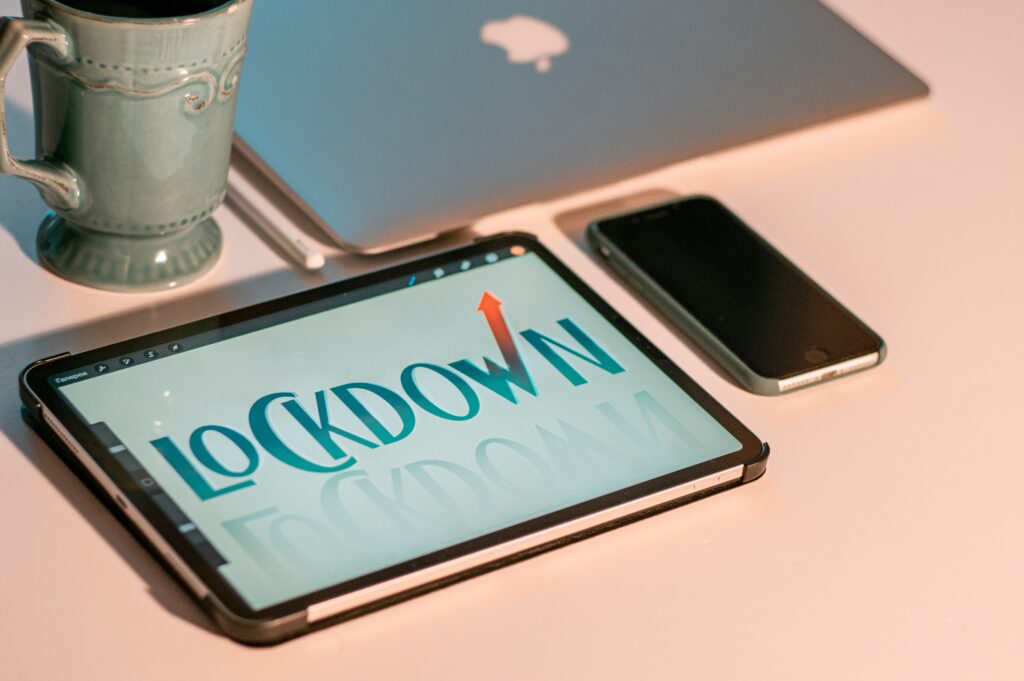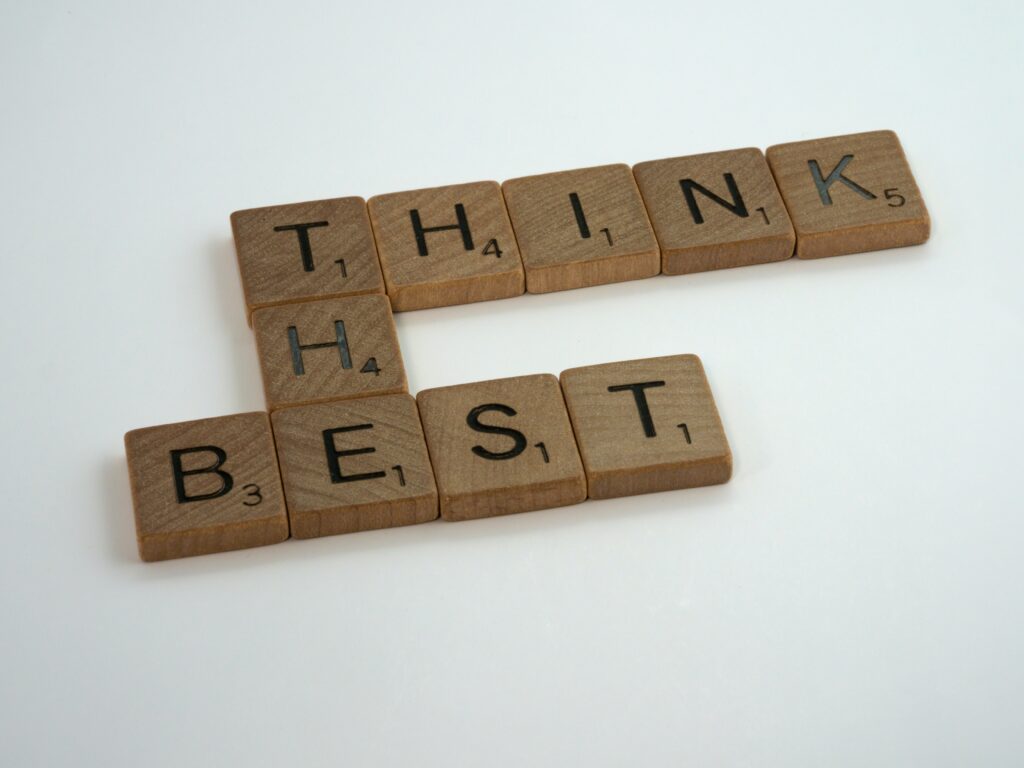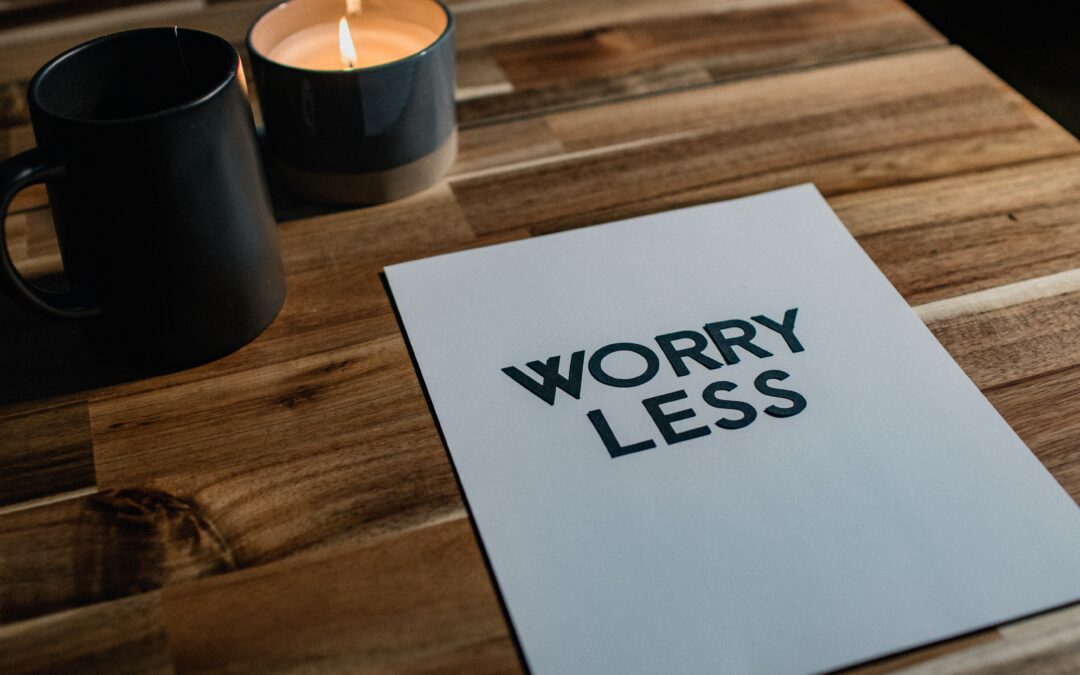There is no denying that the global COVID pandemic has been the source of a great deal of stress and anxiety for many people. Some of it justified, and some of it not so much.
Learning that you have been in contact with someone who was likely COVID contagious and that you might have passed the illness is a vulnerable loved one whose compromised immunity puts them at high risk is a legitimate anxiety.
Worrying that the world is imminently about to run out of toilet paper and stock piling it in every corner of your home, less justified (you know who you are).
Many digital nomads had to deal with more stress and anxiety than most at the start of the pandemic. Should I stay put or return home? Will my medical insurance cover me where I am if I do get COVID? Do I have a safe place to self-isolate during lockdown? Do my loved ones have people around them who can help them, or do they need me?
Many digital nomads answered these questions one way at the start of the pandemic thinking that it would only be a matter of months until things “returned to normal”, and then found themselves unable to return home (this has been a particular challenge for Australians and Kiwis due to tough entry caps in the Antipodes).
Others chose to return home and found themselves grounded for more than a year. This often carried its own stressors, such as returning to a more expensive part of the world to live or diving back to living in close quarters with family members.
Now that travel restrictions are starting to be lifted and the worldwide vaccination program, many digital nomads are considering heading back on the road. But this brings its own anxieties.
- Travel rules change quickly and without notification – will you find yourself stranded?
- New COVID variants are emerging, and there is talk of similar diseases popping up with increasing regularity – will you be putting yourself at the risk of getting sick?
- The pandemic has seen more people realizing that they can work remotely and breaking old patterns – will increased competition for desirable remote jobs make it difficult to earn a living as a digital nomad?
- The health insurance industry is responding to COVID by pushing up premiums – will you be able to afford to protect yourself from the unexpected?
And this is just the tip of the iceberg when it comes to potential anxieties about COVID. Everyone is different and has had different experiences, and so will be triggered by different things.
So, if you are, understandably, feeling anxious about re-entering the digital nomad lifestyle in the post-COVID world, what can you do about it?
Read on for our four top approaches for dealing with this kind of anxiety.
1. Identify What You Are Really Afraid Of
It is not enough to tell yourself that you are feeling anxious about travelling during the COVID pandemic or in the post-COVID world. This fear is not specific enough to deal with. And if you don’t know exactly what you are afraid of, you can’t develop reasonable methods to deal with your fear, instead they are likely to grow.
So, take the time to consider what it is that you are really afraid of.
Are you afraid of getting sick yourself and not being able to get the medical care that you need? Are you afraid that you won’t be able to be there for loved ones if they need you? Are you afraid that borders will close and hotels will shut down and you will be left homeless in a foreign country?
Once you identify the things that are actually bothering you, then you can take steps to mitigate these fears.
Worried about getting sick? Invest in health insurance that will cover you for COVID and move countries with good, accessible healthcare systems to the top of your list of places to visit.
Are you worried about borders being closed and not being able to get home to loved ones? Maybe you do need to wait longer before heading back on the road, or you need to explore places closer to home where the borders are less likely to close.
If you are afraid of finding yourself without somewhere to live or not being able to properly self-isolate during a snap lockdown, perhaps you have to change your accommodation booking strategy and look for other types of rentals that are more private and secure.
Once you know what you are afraid of, you can put safety nets in place that take some of the weight out of these fears.

2. Learn More About Your Fear
One of the best ways to get over fears and anxieties is to understand them better. If you are anxious about getting bitten by snakes while hiking through a wilderness area, researching the types of snakes that are actually in the area, how poisonous and aggressive they are, and what to do if you do get bitten, can all help you put your fears into perspective.
The same can be true with COVID. Though you do need to be careful, since there is so much inaccurate (or at least unconfirmed) information about the virus out there.
But if you focus on learning the real probability of developing complications and what these might mean to your specific health predispositions, this can help you make better decisions about the risks.
Learning the best ways to protect yourself in terms of hygiene and protective gear can help you minimize your risks.
You should also do your research when it comes to where you choose to travel. What has been the country’s approach to dealing with COVID in the past? Are they all about snap lockdowns and suddenly closing borders, or have they worked to keep their borders and economy open?
The more information you have, the better decision you can make.
3. Practice Positive Visualization
When we are anxious about something, we all have a tendency to imagine the worst. Perhaps you see yourself spending a week trapped in an airport as flight after flight gets cancelled. Maybe you imagine yourself stuck in unhygienic accommodations where people you don’t know cough on you on a regular basis. It could be that your mind wanders to someone you love getting seriously ill and you being unable to get back to them.
When you are anxious about something, you need to take control of your imagination. When your mind starts to wander to these negative images, you need to actively choose to put a stop to them and actively visualize the best possible outcome instead of the worst.
Imagine that loved one recovering well with other people that love them there supporting them, while you are travelling home on that last minute flight you were able to pay for with the money that you had ringfenced for it just in case.
Change your image of being stuck in an airport to spending a few weeks in the country that you have chosen, investing in yourself and making the most of your time as you wait for the opportunity to keep moving.
Turn the worst-case scenario in your head into the best-case scenario.

4. Developing Calming Strategies
If you find that anxiety and stress hits you while you are making important decisions or when you are on the road, you need to develop strategies that help you return to a calmer head space so that you can think rationally.
One of the most effective and available techniques that you can use anywhere is breathwork. This is a simple focus on controlling and focussing on your breath. It is effective because just as our mental state affects our physical state, our physical state affects our mental state. That is why, when we become stressed or anxious, we can start to breathe in a quick and shallow manner. Taking control of your breath and forcing yourself to inhale and exhale deeply and slowly can calm your mind.
In addition, focussing on your breath can also help you push the anxious thoughts that are running around your head out of your mind. Every time that they enter, just say “not now” and think about your breathing.
Just deep breathing is enough, but you can jump into different breathing techniques if you find that the practice helps you.
Other options include mindfulness, body scanning, and even mantra chanting. It is just a matter of finding a technique that works for you.
The Verdict
The way that the world shut down with COVID was a very stressful time for digital nomads. But now, as the world begins to open back up and new travel options are becoming available, the situation is no less stressful for digital nomads. We need to make hard decisions about when, where, and if to travel. It is more than understandable if stress and anxiety are making any of these decisions difficult for you.
Follow our techniques for dealing with and managing anxiety in order to get yourself in the best headspace to make the vest decisions for yourself and your loved ones now.












